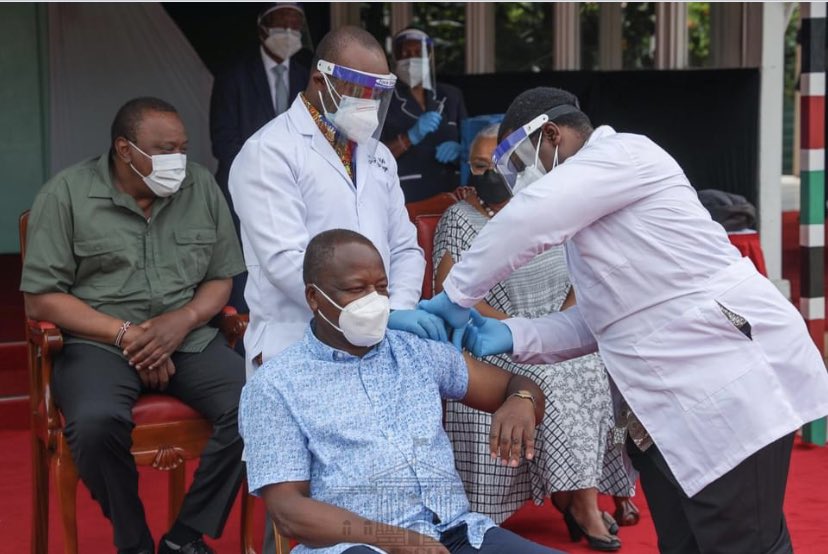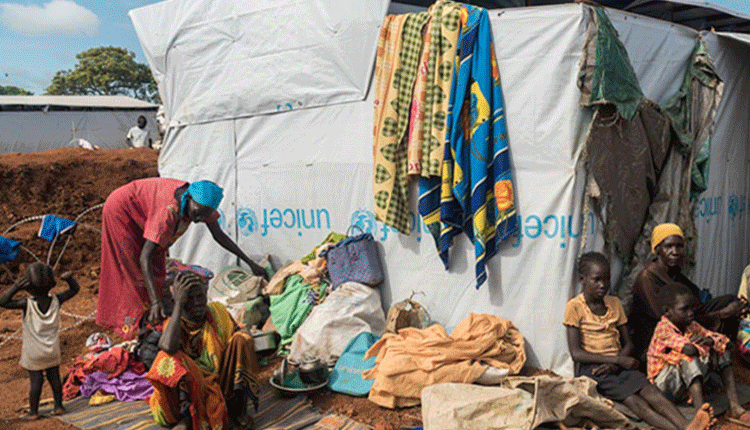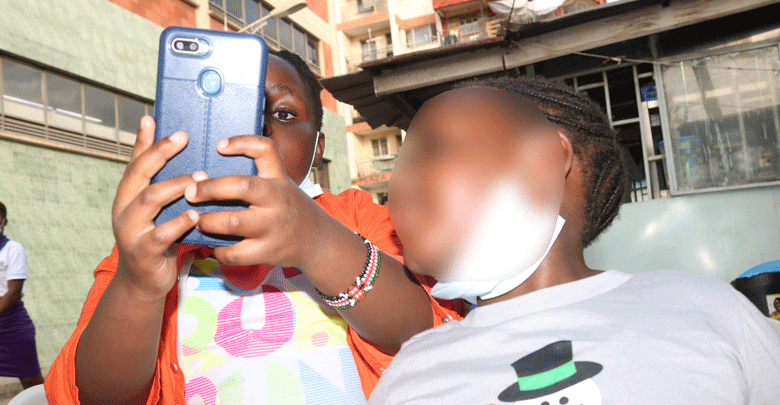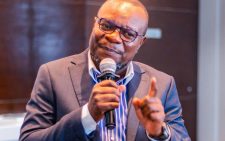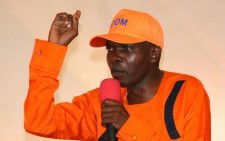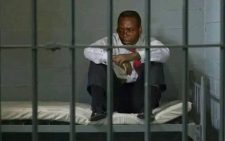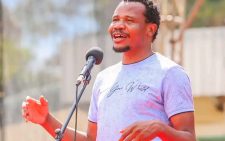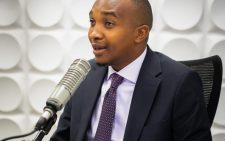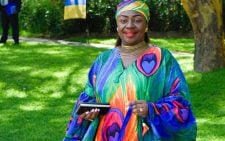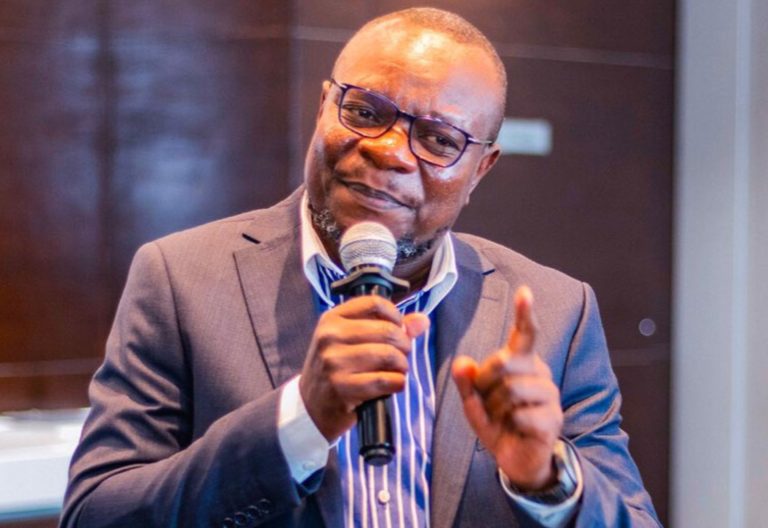Why we must speak out on human trafficking
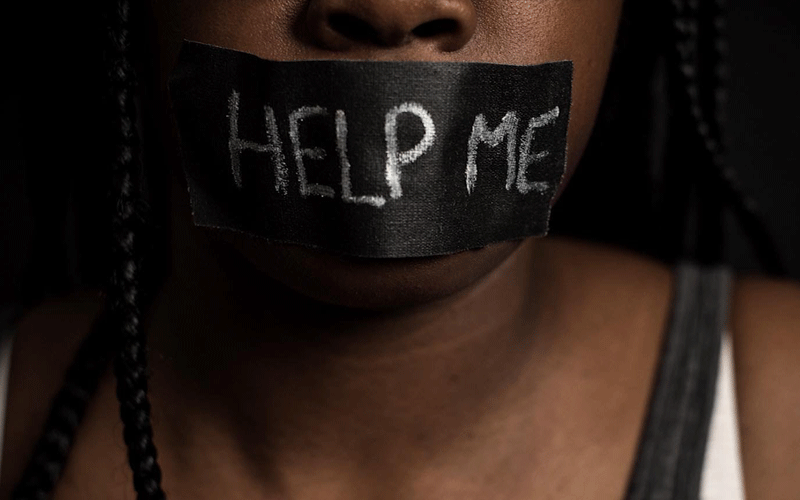
Sr Mary O’Malley
Slavery is found in the Bible — the Israelites were slaves in Egypt and we know the extreme hardships they endured.
Closer home and over several centuries, West African and the East Coast African Slave trade thrived.
Countless East Africans were sold as slaves by Muslim Arabs to the Middle East and other places via the Sahara Desert and Indian Ocean.
After 400 years of slavery, the practice was abolished in 1807, but it is more alive today than at any point in human history.
It is estimated that more people are trafficked in one year from Asia alone, than in the entire 400 years of the slave trade. Experts argue it is time for slavery to be discussed more openly.
Following a number of minor declarations on Human Trafficking (HT), it was only in December, 2,000 that the United Nations definition of HT was finally concretised in the Palermo Protocol, Article 3.
It reads as follows: “Trafficking in persons shall mean the recruitment, transportation, transfer, harbouring or receipt of persons, by means of fraud, of deception, of the abuse of power or of a position of vulnerability or of the giving or receiving of payments or benefits to achieve the consent of a person having control over another person for the purpose of exploitation.”
Pope Francis has never hidden his concern over the phenomenon of HT which claims millions of victims – women, children and men every year.
As a society, we must face our own complicity in abetting HT. How old is the girl who cleans, cooks and takes care of your family?
Society too tolerates the sex trade and millions of body images of young women, are available on our social media each day. We are saturated with an ‘out-of-control’ porn industry.
HT is the second fastest growing industry globally, following closely behind the firearms industry, which places it in the league of a violent industry.
According to the European Parliament, the annual turnover from HT is more than the total of all military budgets in the world.
Trafficking in persons can be categorised into forced labour, followed by trafficking for sexual purposes and finally for trafficking in organs.
According to the International Labour Organisation, one out of four victims of modern slavery are children, who engage in physical or domestic labour while another chunk are forced into armed conflict as child soldiers.
This affects both boys and girls, the latter being used as sex slaves and cooks for the soldiers.
To assert that HT is rampant in Kenya is a gross understatement. Most countries are either source, transit or destination but sadly, Kenya is all te three.
Most of those who are at risk of being trafficked are more likely to be impoverished, uneducated, unemployed or disempowered by political, economic, societal and family structures.
In our network, we have attempted to offer teaching sessions to classes of primary school pupils from the age of 10 and above, but with limited means to impart such knowledge, it remains a mammoth task and the government, needs to play a role to save the current and future generations.
Traffickers lure their potential victims with promises of high salaries, clean work in good surroundings and a number of ‘perks’.
Who would not fall for such promises? But how many never return? The ratio of victims identified compared to the estimated number is only 0.4 per cent.
The truth is travelling to that ‘dream job’ may not materialise and in some cases you may find yourself in a different country.
HT is the ultimate slavery and a crime of horrendous proportions. Who thinks they know of HT?
Most of us can only guess but never get more than a tiny hint of the level of degradation, abuse and torture experienced by its victims on a daily basis.
It is much more than facts, it is a modern form of slavery not previously experienced in our world. — The writer is the patron of Counter Human Trafficking Trust-East Africa
